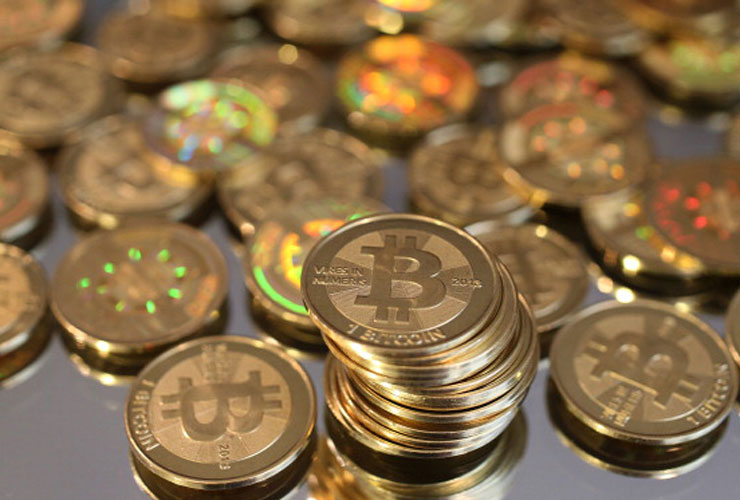Bitcoin arrests: beginning of the end for virtual currency?
Two US Bitcoin exchange operators charged in connection with Silk Road money laundering

A free daily email with the biggest news stories of the day – and the best features from TheWeek.com
You are now subscribed
Your newsletter sign-up was successful
THE arrests of two US Bitcoin exchange operators have prompted questions about the future of the virtual currency.
Robert Faiella, a virtual currency trader known as BTCKing, and Charlie Shrem, chief executive of BitInstant.com, have both been charged in the US with money laundering. Shrem is also a founding member and the current vice chairman of the Bitcoin Foundation, a trade group set up to promote Bitcoin as an alternative currency.
Faiella and Shrem allegedly took part in a scheme to exchange over $1m in cash for Bitcoins for users of Silk Road – a notorious underground website that allowed visitors to anonymously buy illegal drugs.
The Week
Escape your echo chamber. Get the facts behind the news, plus analysis from multiple perspectives.

Sign up for The Week's Free Newsletters
From our morning news briefing to a weekly Good News Newsletter, get the best of The Week delivered directly to your inbox.
From our morning news briefing to a weekly Good News Newsletter, get the best of The Week delivered directly to your inbox.
The arrests show that Bitcoin "has yet to shake its criminal ties", says Tim Fernholz of website Quartz. Bitcoin is essentially digital cash for the internet, which is not backed by a government or central bank to regulate or issue it. Authorities have previously raised concerns about the potential for drug dealers and petty criminals to use it to hide their trades and launder profits.
Its future success largely depends on "the end of criminal Bitcoin", says Fernholz, otherwise police and financial regulators will likely relegate it to the fringes of the internet economy.
"The arrest of Shrem, who is associated with efforts to clean up Bitcoin's image, isn't a good sign for those who want to separate Bitcoin from its sometimes unsavoury reputation," says Fernholz.
Nevertheless, Benjamin Lawsky, New York's state banking regulator, tells the BBC that there are "always going to be bad apples in any industry".
A free daily email with the biggest news stories of the day – and the best features from TheWeek.com
Lawsky says: "I don't think it should lead us to say, 'Forget virtual currencies, we can never have them.' We have arrests in the banking industry periodically too, it doesn't mean we give up on the banking industry."
Of course, Bitcoins are no more corrupt than dollars or other currencies, says Stephen Gandel at CNN, but the arrests show just how hard it is to start a new currency, especially crypto ones, built on trust. The market value of Bitcoin reportedly fell by almost 11 per cent in 24 hours after Shrem's arrest.
"When crimes are done with dollars, people shrug. Banks get slapped on the wrist. But when it happens in Bitcoin, the currency appears to be part and parcel with the criminal underbelly of society," says Gandel. "Arrests like [Shrem and Faiella's] will make people less likely to convert their cash to Bitcoins, even if it shouldn't be that way."